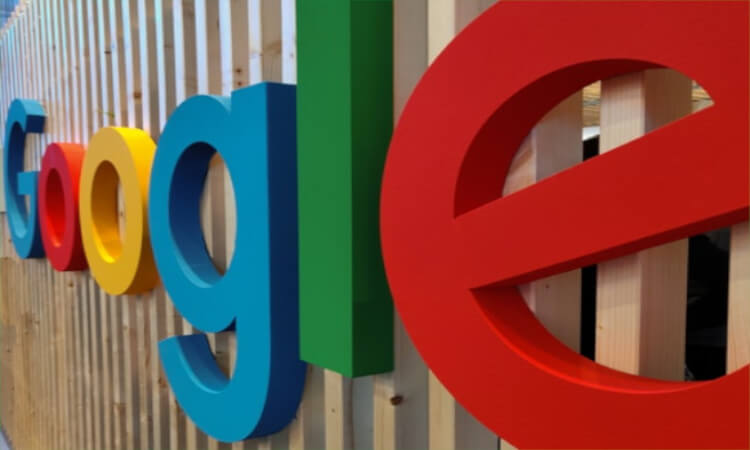
Where do most travelers begin planning their trips? Is it on Booking.com, Expedia or TripAdvisor? Not likely. Think about your own web activity. Most of us start our initial research for everything on Google.
NB: This is an article from Net Affinity
Google has an unrivalled advantage when it comes to traffic: an estimated 4.5 billion searches are made per day on Google, accounting for 77% of the world’s total search traffic. Now while only a small percentage of these searches are for travel and accommodation, that’s still a lot of traffic for their current metasearch offering, Hotel Ads.
Subscribe to our weekly newsletter and stay up to date
Google are always making updates to their products to hopefully make them easier for you to use. Back in June, a Google spokesperson told Search Engine Land: “We’re streamlining this process to help more advertisers utilize hotel ads, and activate them more quickly. This is part of our overall efforts to help more hotel businesses get online.”
A recent update has meant hotels will no longer need a ‘Hotel Center’ account to run campaigns, meaning any Google advertiser can search and run campaigns for any hotel’s website. When asked about this, Google stated: “We will not be phasing out Hotel Center accounts. Current hotel advertisers with existing Hotel Center accounts will continue to operate and serve ads as usual.”
What are Hotel Ads?
Google Hotel Ads is a meta-search platform originally called Google Hotel Finder that was launched in 2011. The platform displays your hotel rates in direct comparison to the OTAs, enabling you to showcase your hotels on Google, across desktops, tablets, and mobile devices.
By providing Google with up-to-date information on pricing, availability and room types, it can show relevant hotel ads to future guests who are actively searching for accommodation either on Google Search or Google Maps.
For example, if a user performs a generic search for “hotel in London” they will initially see a search results page with a mixture of paid and organic results.
What stands out on this page is the hotel section, which shows organic search results and allows the user to refine with filters like dates of stay, number of guests, price range and hotel star rating among others.
Once the filters are engaged the user will be brought to a page which shows the available hotels in list format and within a map.
The user can then click on a hotel that grabs their attention. This will bring them to the Hotel Details Card which provides information about that specific hotel like their hotel description, image gallery and guest reviews. All this information pulls from the hotel’s Google My Business – but more about that later.
The Hotel Details Card will also show a price comparison using Google Hotel Ads which give the user all their available booking options in one place and show the best value to be had across the web. The user can click on their preferred advertiser and will be brought directly through to that website to complete their booking.




